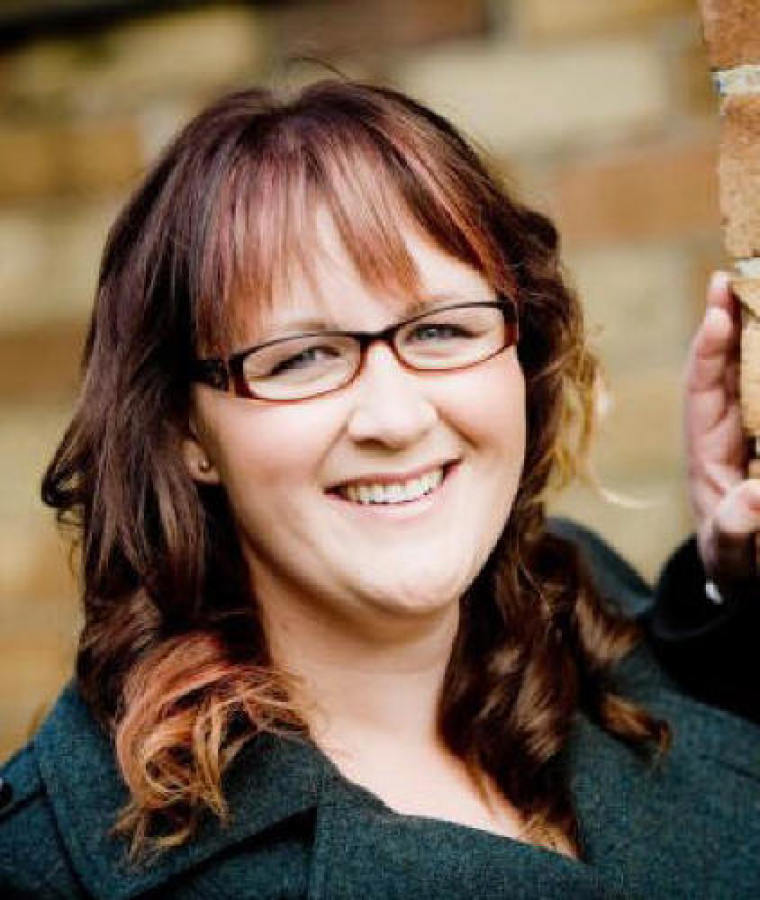
One major point of contention came around the fear that ministers, priests and pastors would be now obligated to perform marriage ceremonies that they were fundamentally opposed to. Or, that the law would 'pave the way' for bigamous, incestuous relationships to be formalised or recognised by law.
I have no issue acknowledging that the Christian belief system does not allow for same-sex marriage. However, we live in a democratic state which must be respected by all members of society and the Bill raises questions that are valid and worthy of discussion.
On the separation of church and state
I don't have an issue with priests and ministers not having the power of state to perform weddings, funerals. As marriages must be registered with the appropriate civil authorities, why should a religious leader be contracted to perform the duties of state in what is a civil ceremony?
The reasons for a civil marriage are legal, financial and to do with management of property and children. The state ceremony cannot legislate those values that underpin religious marriage unless we were to make, for example, adultery illegal. If I chose to have a religious or spiritual ceremony, it recognises the commitment of two people to honour, offer fidelity, forgive, be forgiven and endure with each other in front of their community of family & friends. The two have distinctly different purposes and Why not give to Caesar what is Caesar's?
This is already common practice in many parts of Europe, where civil ceremonies are followed by religious ceremonies.
New Zealand Christians in debate
Many would answer this with the line that has often been mentioned in the media in recent weeks: that marriage was defined by the Church, therefore remains the domain of the Church.
Well, the first question is – which Church?
The Jewish legacy from which the Judeo-Christian movement was birthed? The Catholic or Protestant traditions? And what do you do with the marriage traditions that were forming in majority world cultures in Hindu and Muslim communities concurrently with Christianity? Or multiple other cultures that have formal ceremonies to recognise the mating of and commitment of men and women to each other?
Is Christian marriage the only acceptable form of marriage? To deny marriage by definition to same-sex couples is also, according to this ongoing Christian debate, to deny marriage to atheists, Muslims, Hindus, Buddhists.
Just a few short years ago, the Church protested against the passing of Civil Unions into law, which allowed for same-sex couples to formalise their relationships under the same provisions of law as marriage. In the last few weeks, the Church has defended the Civil Union law as being satisfactory.
The Church globally, wrestles and protests against change – whether that change is for good or evil, most of which we can only truly see with hindsight. The Church is the biggest proponent of a "better the Devil you know" philosophy of social engineering and economics.
But we have to let go of the belief that the legal marriage is somehow the domain of the Church. The spiritual state of marriage however, is ours and poorly tended.
Perhaps if the civil and spiritual ceremonies were separate, the role of each more defined, the meaning and gravity of those promises made with the values of love, fidelity, faithfulness, friendship and forgiveness would come into a fresh and unique importance.
This is a difficult situation and I am writing to put the other side of the case, not because it is right, rather to provide a journalist's overview (which is my role). As a Christian all I'm hearing from my circle of Christians is one side and at least we should be listening.
Tash McGill is a professional writer and communications consultant who has been involved in youth ministry for 15 years, working in local churches as a volunteer and bi-vocational youth pastor. She is passionate about adolescent development, community formation and hospitality.
Tash McGill's previous articles may be viewed at www.pressserviceinternational.org/tash-mcgill.html